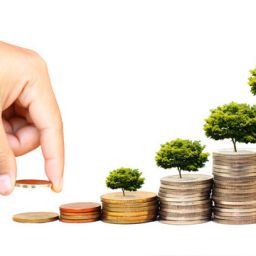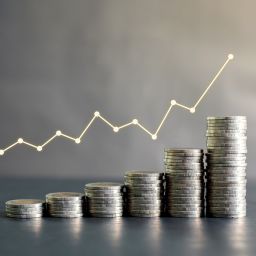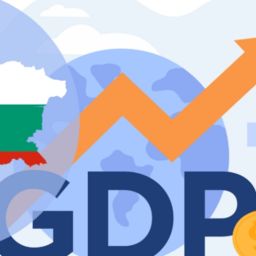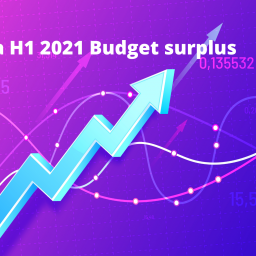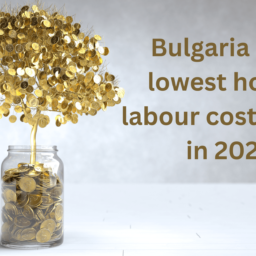
Bulgaria’s economy grew by 0.4 per cent in the second quarter of the year, according to preliminary data announced by the National Statistical Institute (NSI) on September 7, in line with NSI’s earlier forecast.
Compared to the same period of 2022, Bulgaria’s economy grew by 1.9 per cent in the second quarter, above the 1.8 per cent figure in last month’s flash estimate.
In real terms, gross domestic product (GDP) in April-June was 42.32 billion leva, or 21.64 billion euro, NSI said.
NSI’s seasonally-adjusted preliminary data showed domestic consumption grew by 1.8 per cent during the second quarter, and was four per cent higher on an annual basis. Gross fixed capital formation grew by 1.5 per cent in April-June, and it was 7.3 per cent up compared to the second quarter of 2022.
Exports in the second quarter were 0.2 per cent lower, while imports declined by 3.9 per cent, with the trade balance showing a surplus of 1.85 billion leva, or 4.3 per cent of GDP. Compared to the second quarter of last year, exports were down 0.9 per cent and imports were 6.9 per cent lower.
NSI’s statistics releases do not, as a rule, include analysis of trends and its second-quarter GDP announcement made no mention of the impact that Russia’s war against Ukraine have had on Bulgaria’s economy.
Bulgaria’s growth target for 2023 is 1.8 per cent, higher than the 1.5 per cent growth estimate issued by the European Commission in its spring forecast.
Source: https://sofiaglobe.com/



